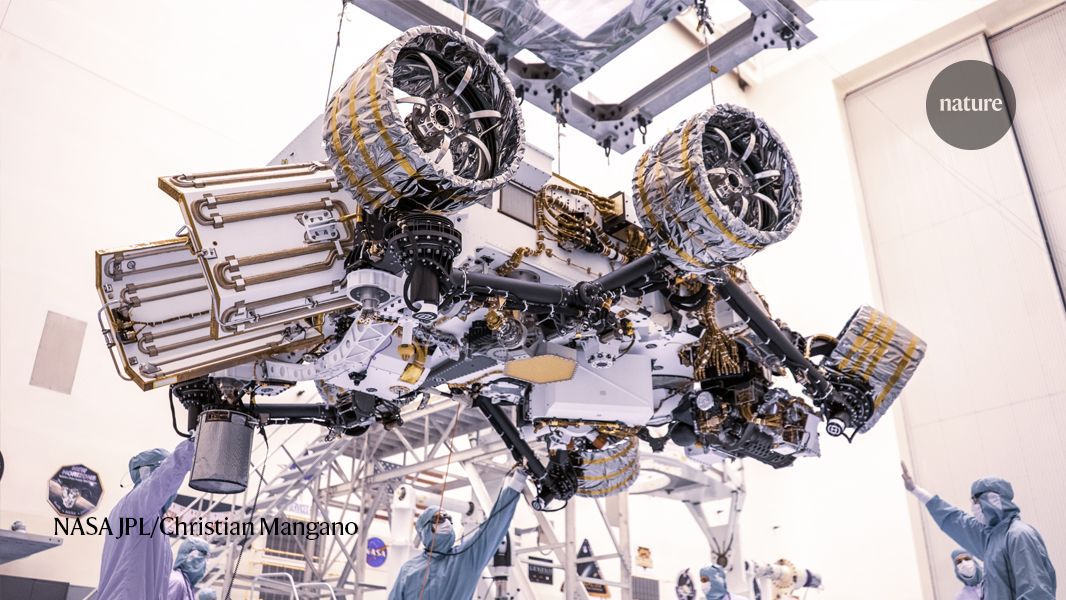
Blast off. NASA’s Perseverance mission launches from Cape Canaveral, Florida. The mission includes the largest, most complex rover ever sent to the planet. If everything goes to plan, Perseverance will land in February 2021 and drive around the area collecting samples of rock that — one day — will be picked up by other spacecraft and flown back to Earth. The rocks will become the first samples ever returned from Mars .
* * *
Perseverance parachute. This is the parachute that will guide the US$2.7-billion, plutonium-powered, 1,025-kilogram rover down to the Martian surface. When Perseverance hits the atmosphere next February, it will be travelling at roughly 19,500 kilometres per hour. It will deploy the parachute — shown here being tested in a wind tunnel in 2017 — along with a ‘sky crane’ system that will fire retrorockets to slow it down as it approaches the planet’s surface.
Many things are taking place:
UAE's Hope Mars orbiter nails first big maneuver in deep space | Space

The #HopeProbe has successfully completed its first trajectory correction manoeuvre - a major milestone in its journey to #Mars. This marks the first firing of the probe's six Delta-V thrusters, for course correction that will see the probe directly targeting Mars' capture orbit. pic.twitter.com/fYRWunYFbM August 17, 2020
The United Arab Emirates' first-ever interplanetary spacecraft, Hope , has nailed its initial post-launch course correction, pointing the mission toward Mars for its February arrival.
Five reasons to explore Mars
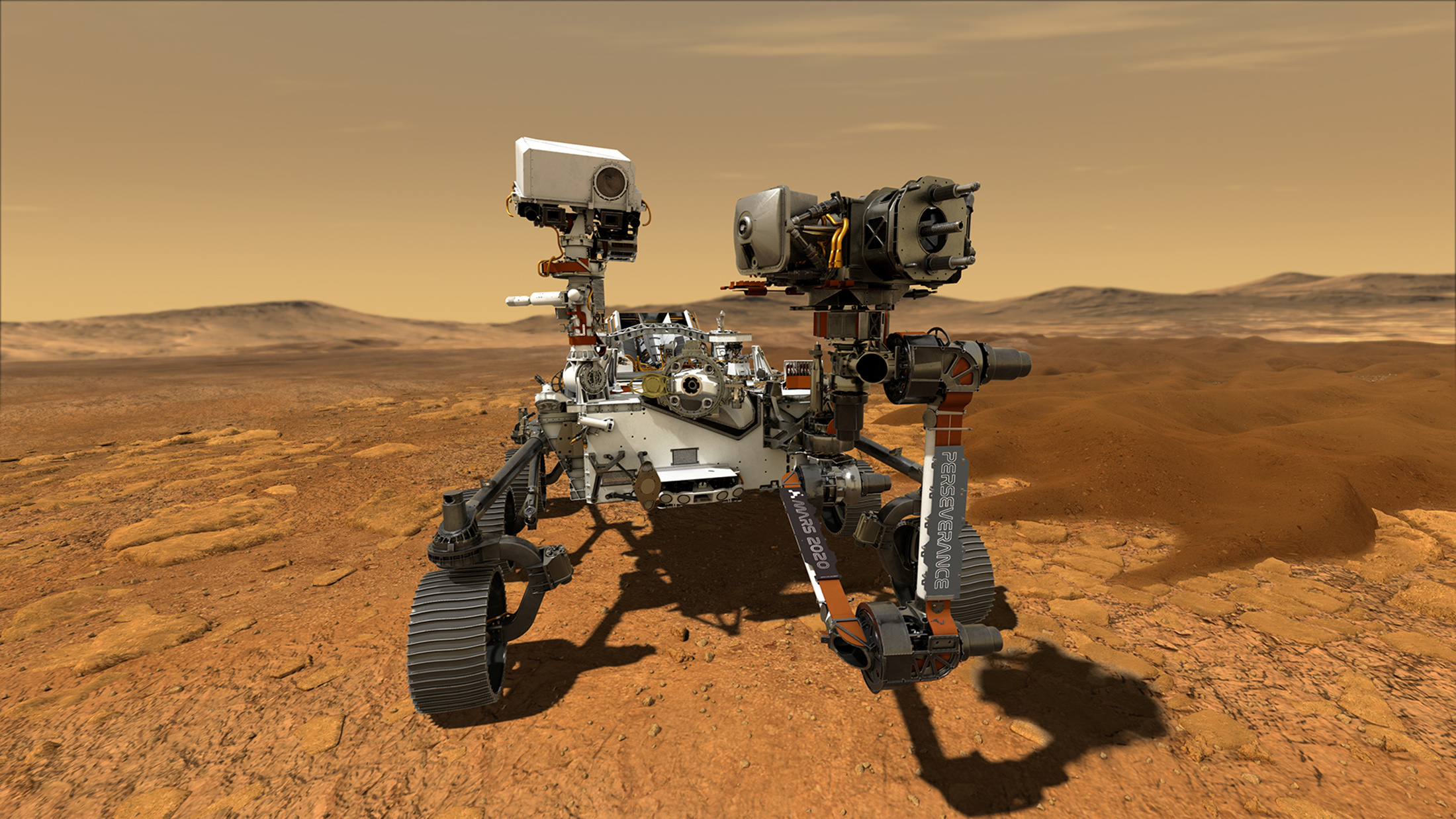
Mars rover Perseverance refines course toward Red Planet | Space
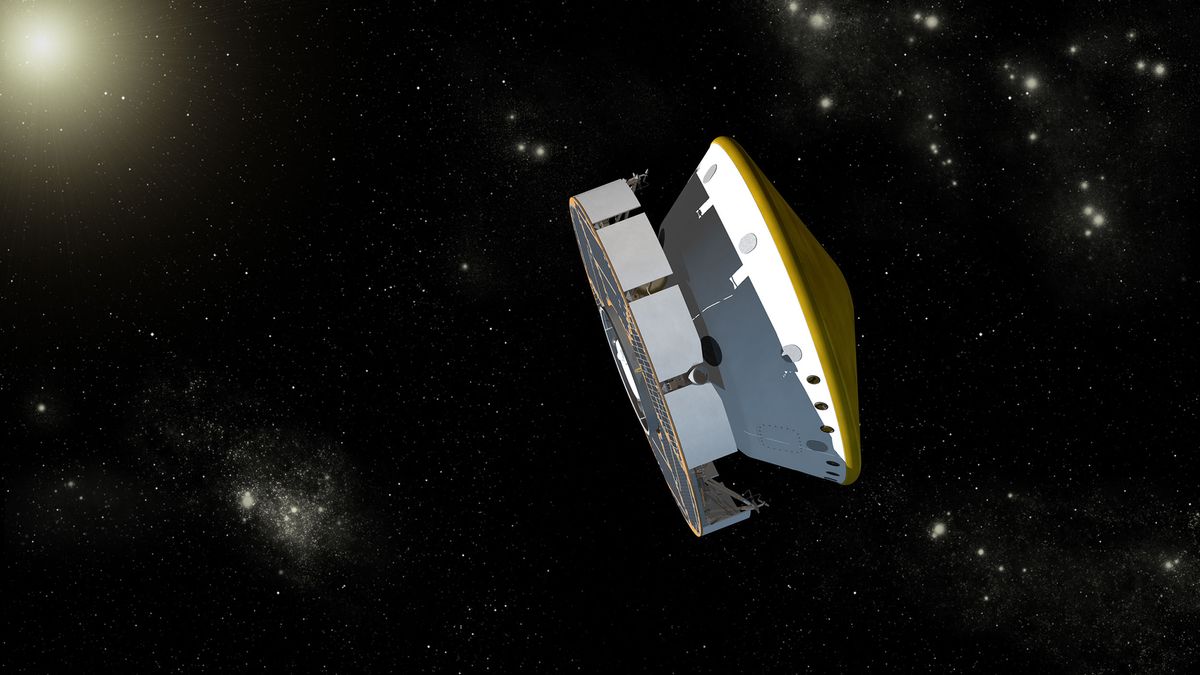
The maneuver, which employed eight thrusters on Perseverance's cruise stage — the vehicle that carries the rover through deep space — was a success, mission team members announced via Twitter on Friday.
* * *
My first planned Trajectory Correction Maneuver was a success. I do TCMs on my journey to stay on target for a Feb. 18, 2021 date with Mars. I left Earth over 2 weeks ago and already put on 27+ million miles. Only ~265 million more to go! #CountdownToMars https://t.co/1PJU9YwxvJ pic.twitter.com/wdvVPHqPvJ August 15, 2020
And here's another article:
Martian Night Sky Pulses in Ultraviolet Light
Cultivating Ideas for Mars
Because the atmosphere is about 100 times thinner and less dense than on Earth, weather on Mars is defined by its extremes.
Near the equator, daytime highs regularly exceed the freezing point, occasionally rising above 15 degrees Celsius on summer days (into the 60s in Fahrenheit). But even during the hottest part of summer, nighttime temperatures regularly plummet below -75 °C (-100°F) because of how little heat the atmosphere can retain. Near the poles, the cold is even more punishing, with wintertime lows that drop below -120°C (-184°F).
NASA has launched the most ambitious Mars rover ever built: here's what happens next
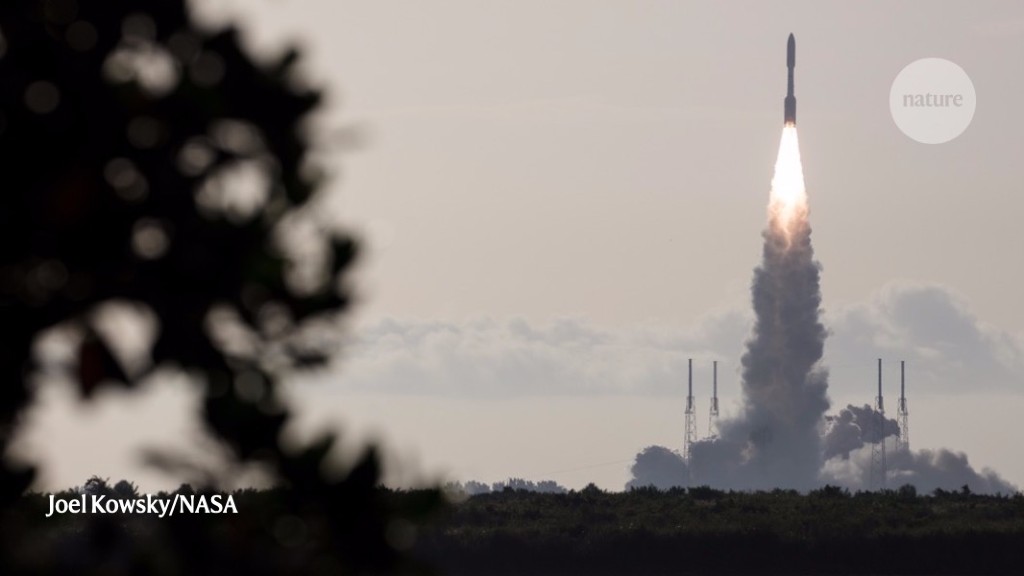
NASA's Perseverance rover takes off for Mars aboard an Atlas V rocket from the Cape Canaveral Air Force Station in Florida. Credit: Joel Kowsky/NASA
* * *
"Perseverance is going to do so much for us," says Kennda Lynch, an astrobiologist at the Lunar and Planetary Institute in Houston, Texas.
The Ingenuity Mars helicopter will scout for places where the Perseverance could roll. Credit: NASA/JPL-Caltech
Once Perseverance touches down, engineers will spend around 90 days remotely checking all of its systems to make sure they're in working order. The rover probably won't begin rolling in earnest until May, when it will strike out on its six wheels to explore Jezero Crater, which lies about 3,750 kilometres from Curiosity's landing site.
NASA Establishes Board to Initially Review Mars Sample Return Plans – NASA's Mars Exploration
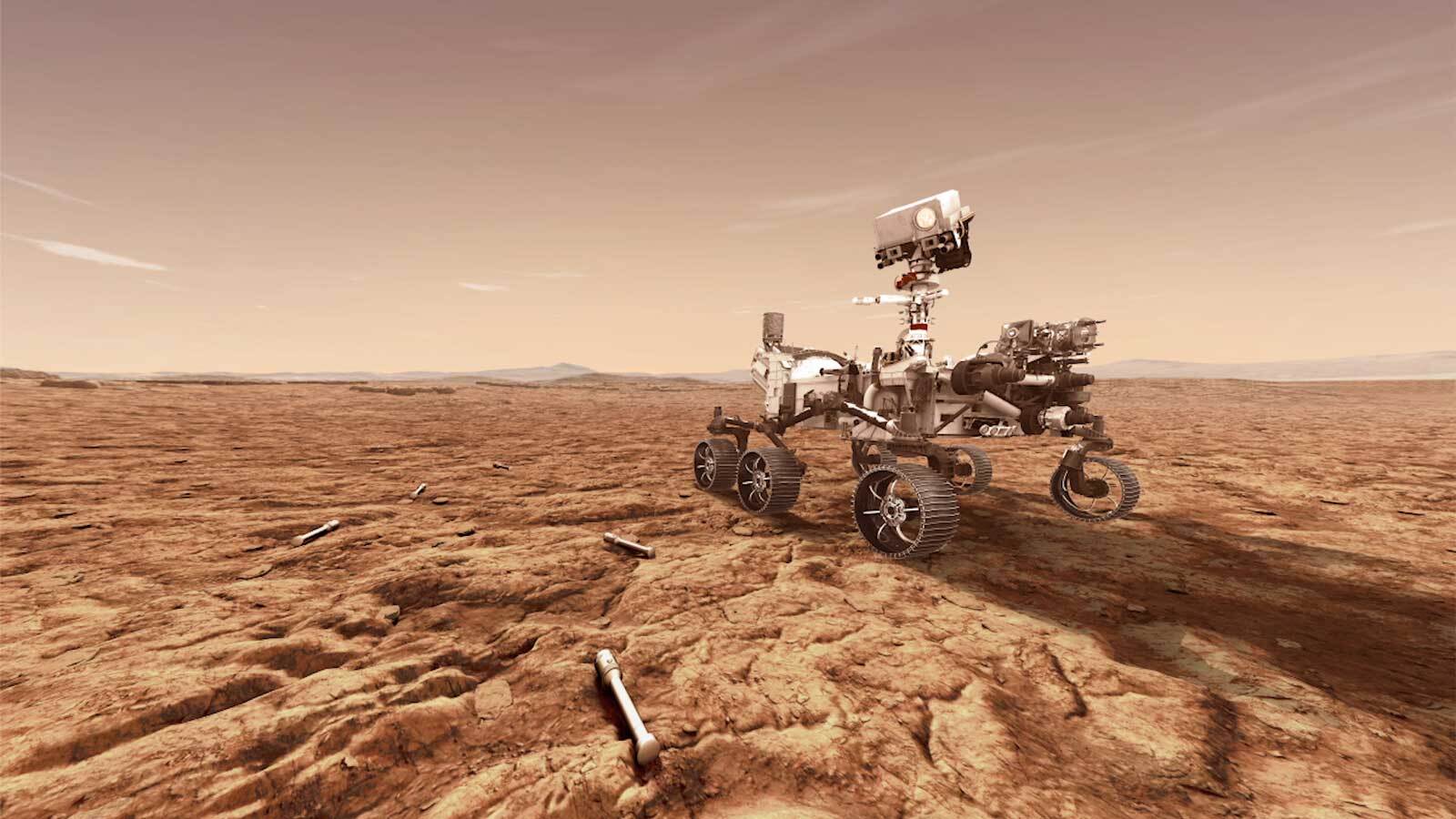
Mars 2020 With Sample Tubes (Artist's Concept) : NASA's Mars 2020 rover will store rock and soil samples in sealed tubes on the planet's surface for future missions to retrieve, as seen in this illustration. Credits: NASA/JPL-Caltech. Full image and caption ›
The board will assist with analysis of current plans and goals for one of the most difficult missions humanity has ever undertaken.
NASA has established a Mars Sample Return Program Independent Review Board to proactively assist with analysis of current plans and goals for one of the most difficult missions humanity has ever undertaken: the return of samples from another planet to study on Earth.
Happening on Twitter
#AWACS Le jeudi 6 août, pour la première fois, un E-3F Awacs était engagé au profit de l'opération IRINI (opération… https://t.co/uelhGHkUs9 Armee_de_lair (from France) Fri Aug 14 08:45:12 +0000 2020
No comments:
Post a Comment